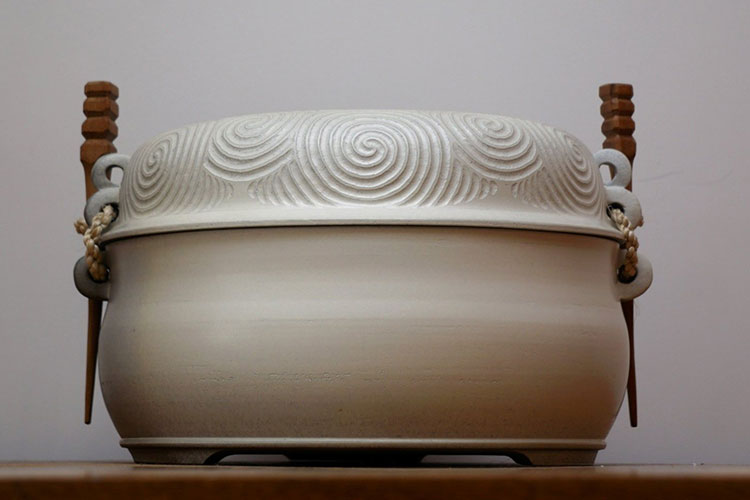Being born and bred in Belfast Crescent in the Gisborne suburb of Kaiti has helped drive Coby Te Pairi’s desire to help at-risk rangatahi (youth).
That desire particularly covers the under-privileged, as he says he can relate closely to the impacts on whānau of living in a low socio-economic area.
“Being pōhara (poor), domestic violence, having a gang presence, alcohol and drugs, and low aspirations were all common factors to us,” says Coby.
He’s due to be awarded his Ngā Poutoko Whakarara Oranga: Bachelor of Bi-cultural Social Work degree on Wednesday 2 June after studying at Te Wānanga o Aotearoa’s Whirikoka campus in Gisborne, finishing in 2019. The graduation ceremony is at 10am in the War Memorial Theatre, with 434 tauira (students) eligible to graduate in a range of programmes from certificate, diploma and degree.
Of his time growing up in Kaiti, Coby says: “We weren’t the richest or didn’t have the flashest of things but we learnt what aroha, manaaki, kaitiaki and respect for our elders was from watching our nannies and parents.”
His learning journey with Whirikoka campus started in 2015 after having lived in Palmerston North for nearly 15 years.
“My mum had tono (messaged) to me to return home and get my tohu in social work, so an opportunity to move back home to chase a childhood dream arose. I had worked in the distribution and logistics industry for many years but deep down in my heart I’ve always wanted to work with youth.”
Studying the certificate of social work at Whirikoka provided him with a good foundation to step into the new four-year degree programme Nga Poutoko Whakarara Oranga.
“It was a tricky transition to step back in the classroom environment as it was a long time for many of us.
“But the way our kaiako made us feel, and the structure that was set up, made it a lot easier to learn.”
Coby says he faced many challenges over his five-year learning pathway but kept his eye on the kaupapa: completing the certificate and then the degree. He is now fully registered with the Social Work Registration Board.
His learning has led to employment in social services.
“During my study in the certificate year, I applied for a casual position working as a residential social worker at Stand formerly known as the ‘the health camp’. This allowed me to put into practise what I had been learning about social work along with many other life skills and experiences that I brought to the table.”
The casual position turned into a fixed term position and then eventually into fulltime.
“I loved the mahi because I was able to connect with tamariki and rangatahi and teach them important life skills such as respect, ownership, manaakitanga and managing emotions in a healthy way.“
After three years of working with children directly he changed roles into a community social worker and has also been a live-in caregiver helping manage the Gisborne family home for Oranga Tamariki.
He’s now employed with Te Runanga o Ngāti Porou “navigating with whānau up and down the coast and aspiring to go on to my Master’s degree and then a doctorate”.




































